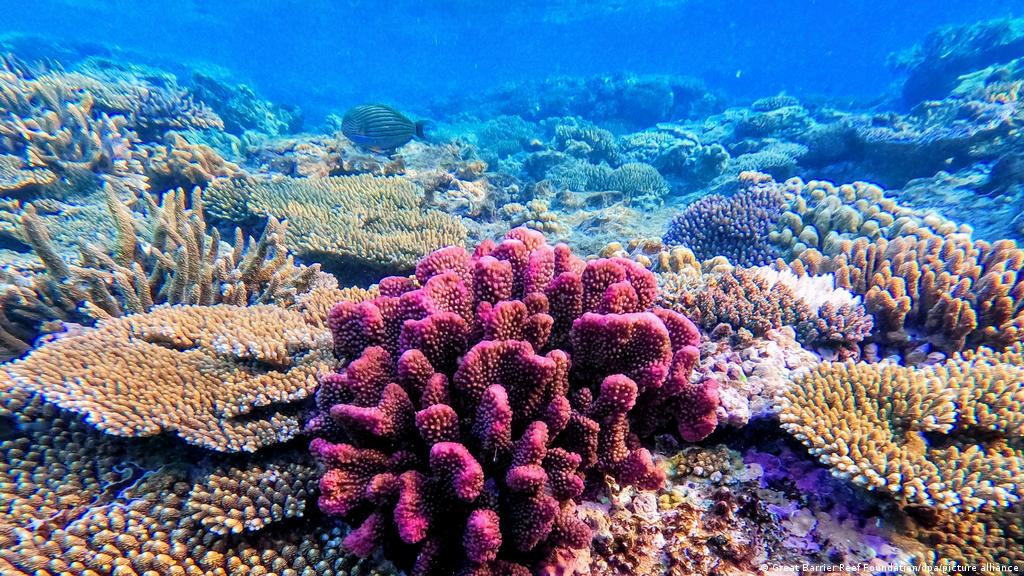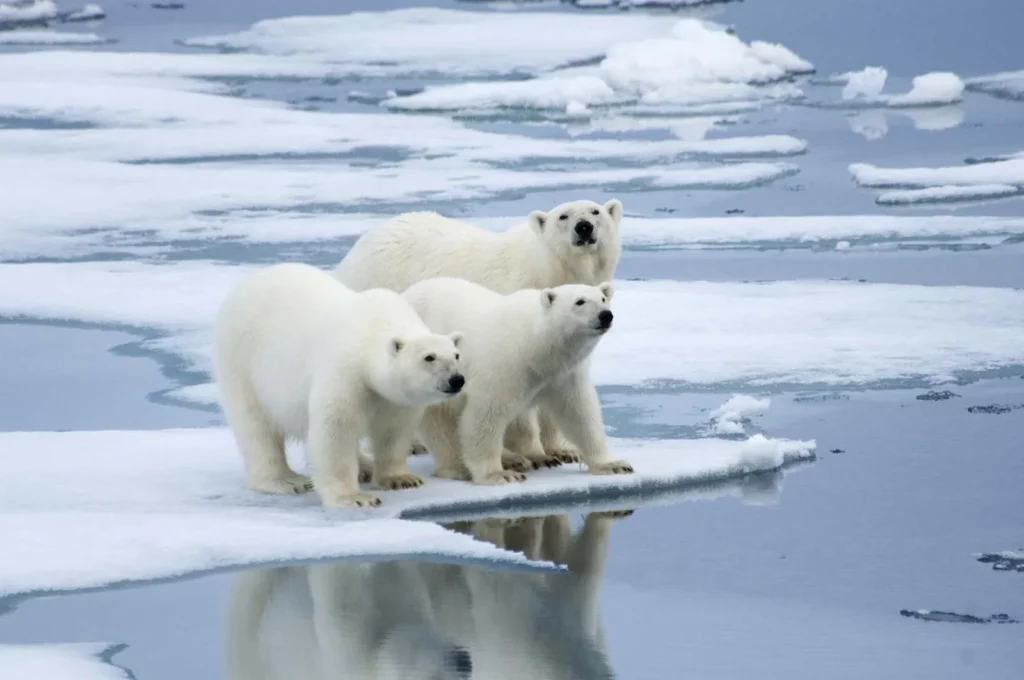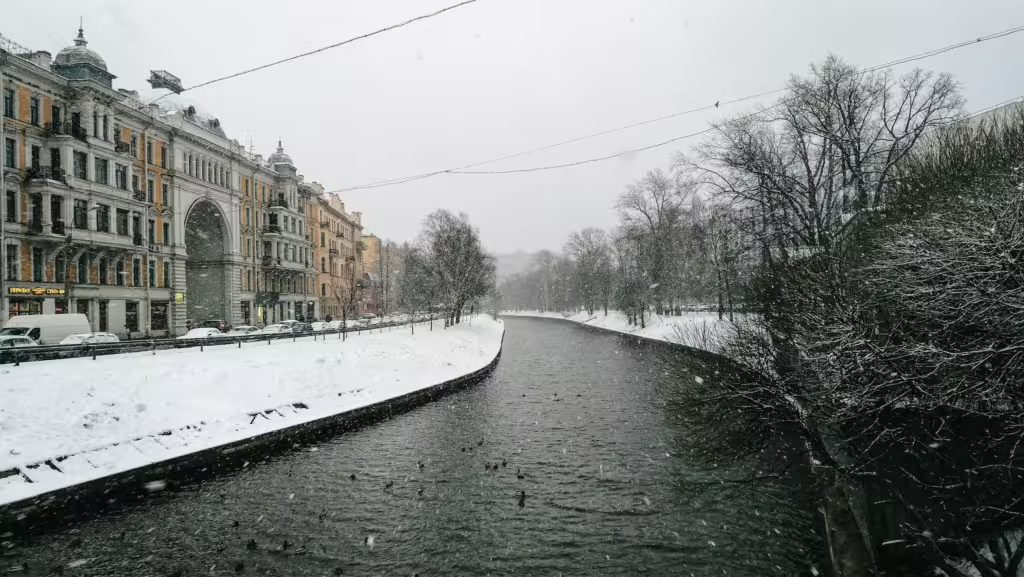Nothing gets your attention when it comes to the environment like a dead coral reef except perhaps a tumbling walrus or a starving polar bear. So we’re told a mass extinction of coral is brewing, along with other photogenic things like manta rays, as our nasty climate change drives species from the equator. And we don’t mean later. “Our recent study found the ocean around the equator has already become too hot for many species to survive, and that global warming is responsible.” And “When the same thing happened 252 million years ago, 90% of all marine species died.” Drat that man-made CO2. Uh, wait a minute.
In fact wait several million years. The authors “looked at distribution records for nearly 50,000 marine species collected since 1955 and found a growing dip over time in this bell shape.” Namely that from 1955 to 1974, there were more species at the equator than elsewhere except for there not being; the real peak was around 30° N. But from 1975-1994 there were big peaks at around 30° N and S and a dip in the middle, a pattern that became considerably less pronounced from 1995-2015. So the pattern they point to doesn’t really exist.
Especially since we have no real idea how many species there are on the planet now, let alone millions of years ago. Or where they were 50 years go. The dogmatic tone of the piece, with lines like “as our oceans warm, species have tracked their preferred temperatures by moving towards the poles”, vastly exaggerates the comprehensiveness and exactness of the sample as well as misrepresenting the pattern of what they do have. And not only with the claim that “the equator has already become too hot for many species to survive” because if they can’t survive they die and we defy them to list the many species that, unable to survive, have perished from heat since 1974.
It also insults common sense to say “Although the warming at the equator of 0.6°C over the past 50 years is relatively modest compared with warming at higher latitudes, tropical species have to move further to remain in their thermal niche compared with species elsewhere.” If a temperature change that small could trigger mass extinctions, we’d have had a bunch of them during the Holocene alone, never mind since 252 mya.
Which they sort of claim. “At the end of the Permian geological period about 252 million years ago, global temperatures warmed by 10°C over 30,000-60,000 years as a result of greenhouse gas emissions from volcano eruptions in Siberia.” CO2. Of course. To the scholar with a hammer… But who’s predicting a 10°C temperature increase now, let alone claiming it already happened?
The authors also point hair-raisingly to the Eemian mass extinction in which “during the rapid warming around 125,000 years ago, there was a similar swift movement of reef corals away from the tropics, as documented in the fossil record. The result was a pattern similar to the one we describe, although there was no associated mass extinction.” Oh. Heh heh. No mass extinction. Still, there’s a pattern here, namely that we’re all going to die from CO2.
What about the Ordovician–Silurian mass extinction around 450 to 440 mya? The authors don’t mention it, although Wikipedia chips in that “In May 2020, studies suggested the cause of the mass extinction was due to global warming, related to volcanism, and anoxia, and not due, as considered earlier, to cooling and glaciation.” See, warming is bad for life a priori and so no cooling for you.
The Late Devonian? Meh. The Triassic-Jurassic? Meh. The Cretaceous-Paleogene? Well, that one is still about the asteroid though National Geographic assures us “it’s the exception. The single biggest driver of mass extinctions appears to be major changes in Earth’s carbon cycle…” So while Wikipedia commendably observes that the fossil record is pretty patchy when it comes to mass extinctions, the crucial point isn’t what happened when or why, it’s that we’re all going to die and it’s our fault.


